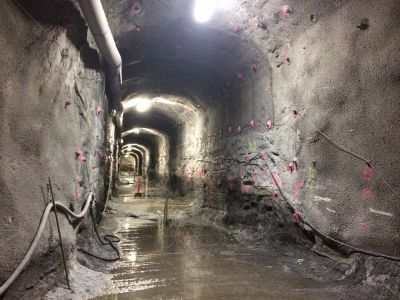
Under the auspices of an EU-funded project, researchers are working on ways to dispose of nuclear waste underground and seal it off with specialised plugs. If the project succeeds, the first permanent geological repositories could be operating in Europe by 2025.
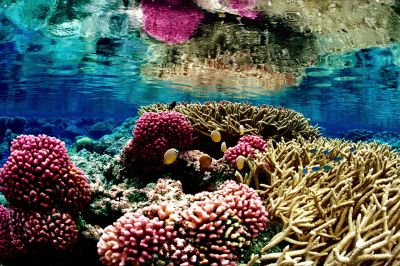
Despite their beauty and biodiversity, coral reefs are fragile ecosystems that are increasingly under threat from human activity and climate change. EU researchers are helping to boost the Caribbean's capacity to preserve and protect its reefs.
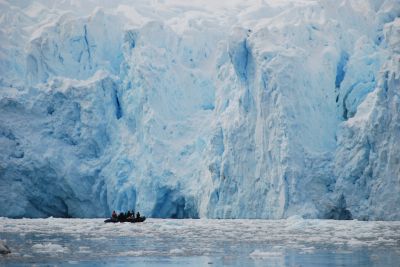
New research has revealed that the effect of the orbitally induced insolation is of fundamental importance in regulating the timing and amplitude of millennial scale climate variability.
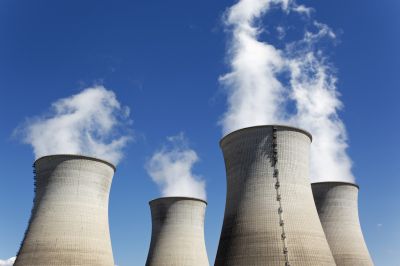
EU-funded researchers are working on delivering to all European stakeholders a most advanced and reliable platform for numerical simulations to verify the safety of existing as well as future nuclear reactors.
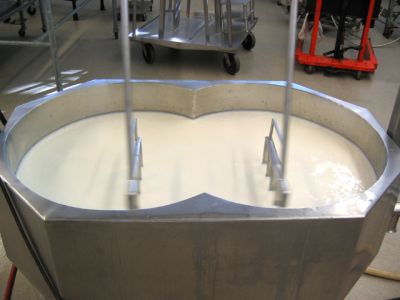
A self-sustaining dairy wastewater treatment plant that uses treatment by-products to power itself and recycles waste solids and water could revolutionise water purification.

In an effort to transform Europe into a green economy, stakeholders have created various indicators to measure its progress. An EU initiative is examining tools that assess green growth and sustainable development in order to facilitate this transition.
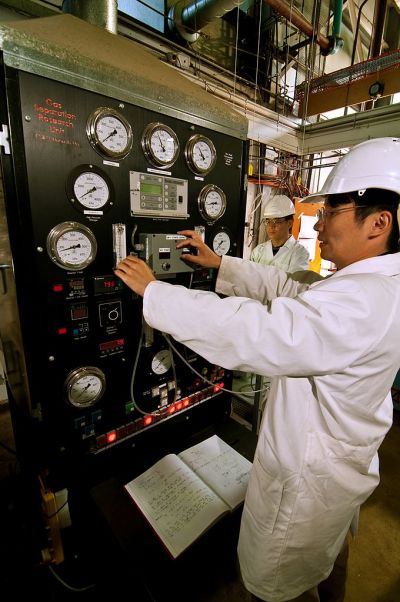
An EU-funded project paved the way for more sustainable production of fuels and petrochemical products that have hitherto stemmed from crude oils.
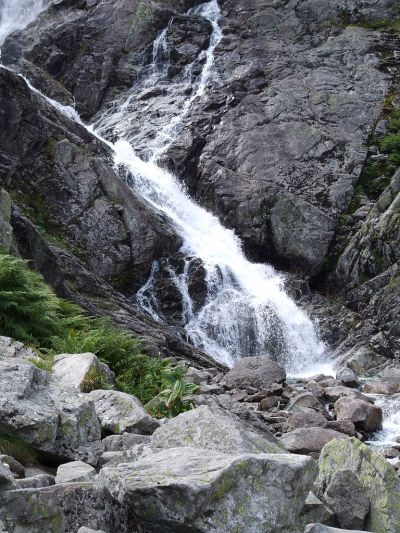
A recent collaboration between research, industry and academia in the Mediterranean has produced a plan for coordinated water management research in the EU.

Climate change impacts, such as rising temperatures, prolonged droughts and extreme precipitation, are expected to affect many areas, including mountain regions. A large consortium worked to develop advanced models to quantify and predict the impact of climate change primarily on surface water.

An EU team modelled factors affecting the life cycle of mobile phones. Utilising Israeli householder data, the study examined the linked economic and environmental effects of four types of industry-player companies.
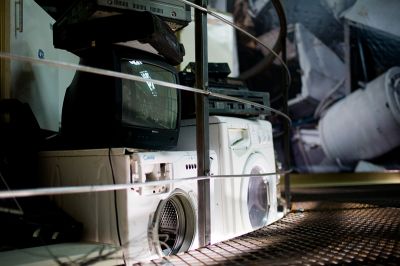
Rare earth metals have specific electronic and magnetic properties that make them an essential component of many of today’s high tech electronic devices, but recycling these components is still very challenging. However, new developments by EU-funded researchers will make it simpler to recover these vital materials, and so lead to increased levels of recovery from end-of-life products.
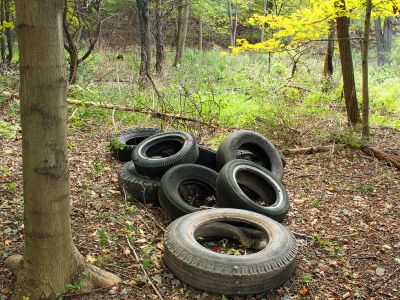
Close to 6 million tonnes of used tyres have been illegally dumped or landfilled. An innovative and cost-effective recycling process that yields high-end products will increase the competitiveness of the tyre reclamation industry and encourage recycling.
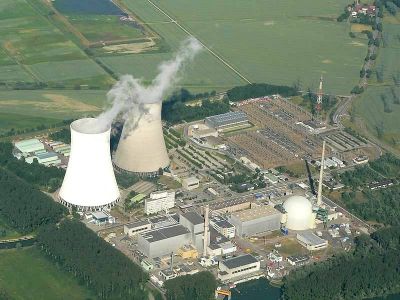
It is in the interests of all European countries that research and development (R&D) continues to address nuclear waste management. The key to enhancing cooperation is the Implementing Geological Disposal of Radioactive Waste Technology Platform (IGD-TP) supported by the EU.

Researchers are using low-value plant raw materials to produce bio-based synthetic fibres for the textile industry in a cost-competitive, energy-saving, and environmentally sustainable process.
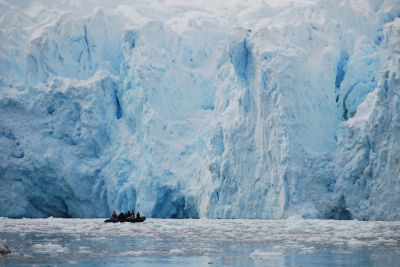
Understanding how glacier sliding and iceberg calving contribute to loss in ice sheet models can improve predictions of global sea-level changes. This is hampered by the inaccessibility of a glacier's base and its calving front.

Scientists use ever-more sophisticated numerical models to understand the mechanisms that shape Earth's climate and predict how it is likely to evolve. An EU-funded project is boosting Europe's contribution to this on-going international research effort and facilitates the distribution and exploitation of model data.
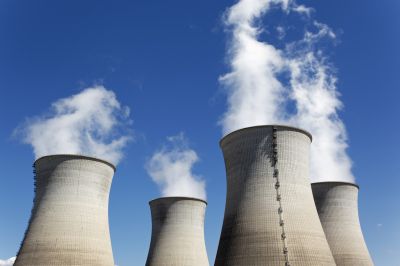
An EU project is developing new software and hardware to improve European and global monitoring of greenhouse gas (GHG) concentrations and fluxes.
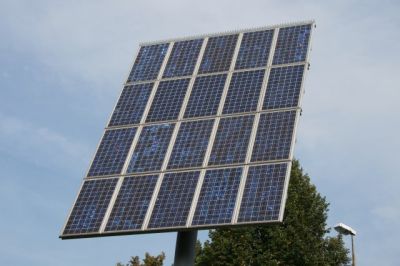
Harnessing the Sun's unlimited (for all practical purposes) energy supply is one of the most promising alternatives to combustion of fossil fuels. Improved characterisation of coatings for concentrating solar power (CSP) systems will speed development.
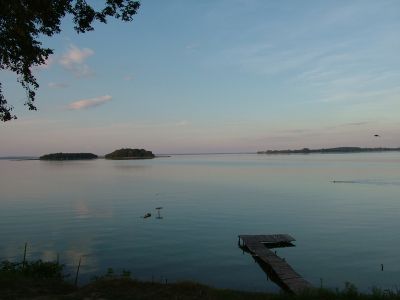
Rivers, lakes and coastal areas are under pressure from human activities that result in pollution, intensive land use and the degradation of natural habitats. To better manage challenges in this area, an EU-funded project developed methods for assessing and restoring aquatic ecosystems.
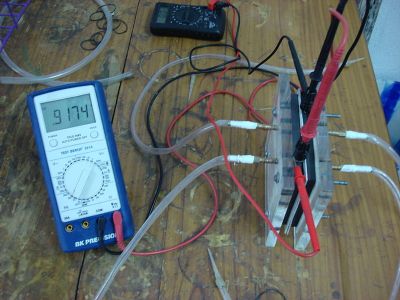
The transition from a fossil fuel-based energy system to a renewable hydrogen-based system will take a long time. During this transition, research and fuel cell (FC) technology improvements towards performance benchmarks set by EU-funded scientists can pave the way.
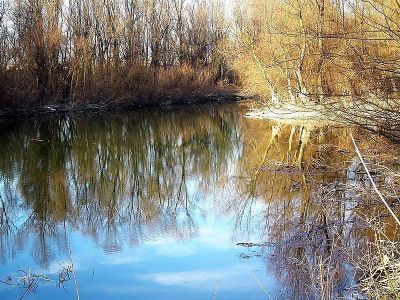
Like all ecosystems on Earth supporting animal and plant life, aquatic ecosystems need oxygen. However, oxygen availability in these systems is threatened by global warming and excessive input of nutrients such as from agriculture and wastewaters, known as eutrophication.
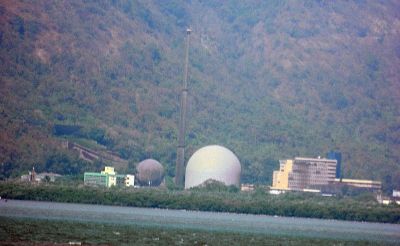
In the aftermath of the Fukushima nuclear disaster and its effect on the European continent, the EU is seeking to optimise nuclear and radiological preparedness. An EU initiative is developing effective emergency management procedures, methods and tools for such devastating incidents.
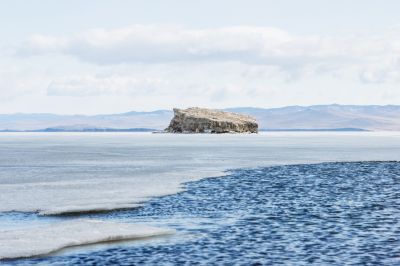
Increasing innovation for the exploitation of maritime resources will enable the EU's maritime sector to benefit from global demand for resource-efficient technologies, systems and operations.
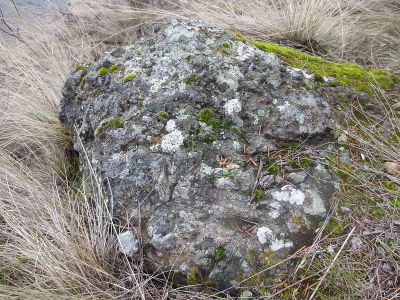
One of the most important questions posed by climate change is whether species can respond to a changing climate quickly enough to avoid extinction. In order to survive, populations must either be able to adapt to or tolerate the change in environment, or migrate to more suitable conditions.

An EU team developed new sensors, processing software and models for studying degradation of old buildings. Simulations yielded an accurate assessment of deterioration, considering shape and materials, thus providing conservation prognosis.
























